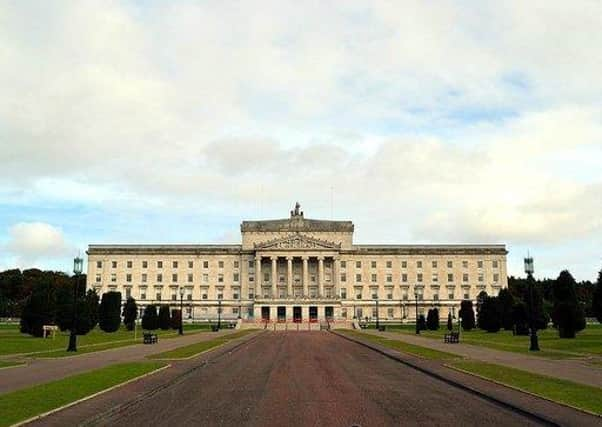Rev Dr Norman Hamilton: After the RHI mess, we now need ethical government


What we took for granted, such as proper accountability of ministers to the Assembly and its committees, simply did not happen. Highly paid and unelected spads wielded enormous power over both civil servants and elected representatives.
Most MLAs were largely sidelined, even though they were elected to represent and protect the interests of ordinary people.
Advertisement
Hide AdAdvertisement
Hide AdIn the discussion so far of the report by Judge Coghlin and his colleagues, there has been little mention of the ethics that underpinned the scandal, or of the ethical standards that we should expect from ministers in the future.
The recent refusal of the minister for finance to apologise properly to the family of Paul Quinn suggests to me that even ordinary decency has not yet taken root in the heart of our new Executive.
It is often forgotten that every minister (and every MLA), has been required to, and has formally pledged to uphold the seven Principles of Public Life first published in 1995. These are highly relevant, since they focus on behaviour and the culture of governing, rather than the structures of power and decision-making within Stormont.
They include selflessness (which covers getting financial or other benefits for themselves, their family and friends), accountability (which means submitting to appropriate scrutiny of their decisions and actions), and leadership through example.
Advertisement
Hide AdAdvertisement
Hide AdIt seems obvious that the example set by leaders is important for the health of society. If they are seen to be, or suspected of, engaging in doubtful ethical behaviour, it is scarcely a surprise that many others will see that as being both normal and acceptable.
So whilst those who abused the RHI scheme are clearly culpable, they appear to have done so in an environment that at the very least did not discourage them. And some of those who played by the RHI rules now find themselves in financial peril – as spelled out to me very recently by the family of a local poultry farmer.
The deal which restored devolution has brought some important new measures to restrain poor or unethical behaviour – such as ministers being directly responsible for both the conduct and discipline of their spads. These are to be warmly welcomed.
Yet the underlying concern still exists. Is the Assembly and the Executive only going to rely on more rules and regulations to control bad behaviour? Or has there been a real change of heart by those in power to embrace the seven Principles of Public Life as a necessity of governing well?
The jury will be out for some considerable time. But we do live in hope.
• The Rev Dr Norman Hamilton is a former Presbyterian moderator